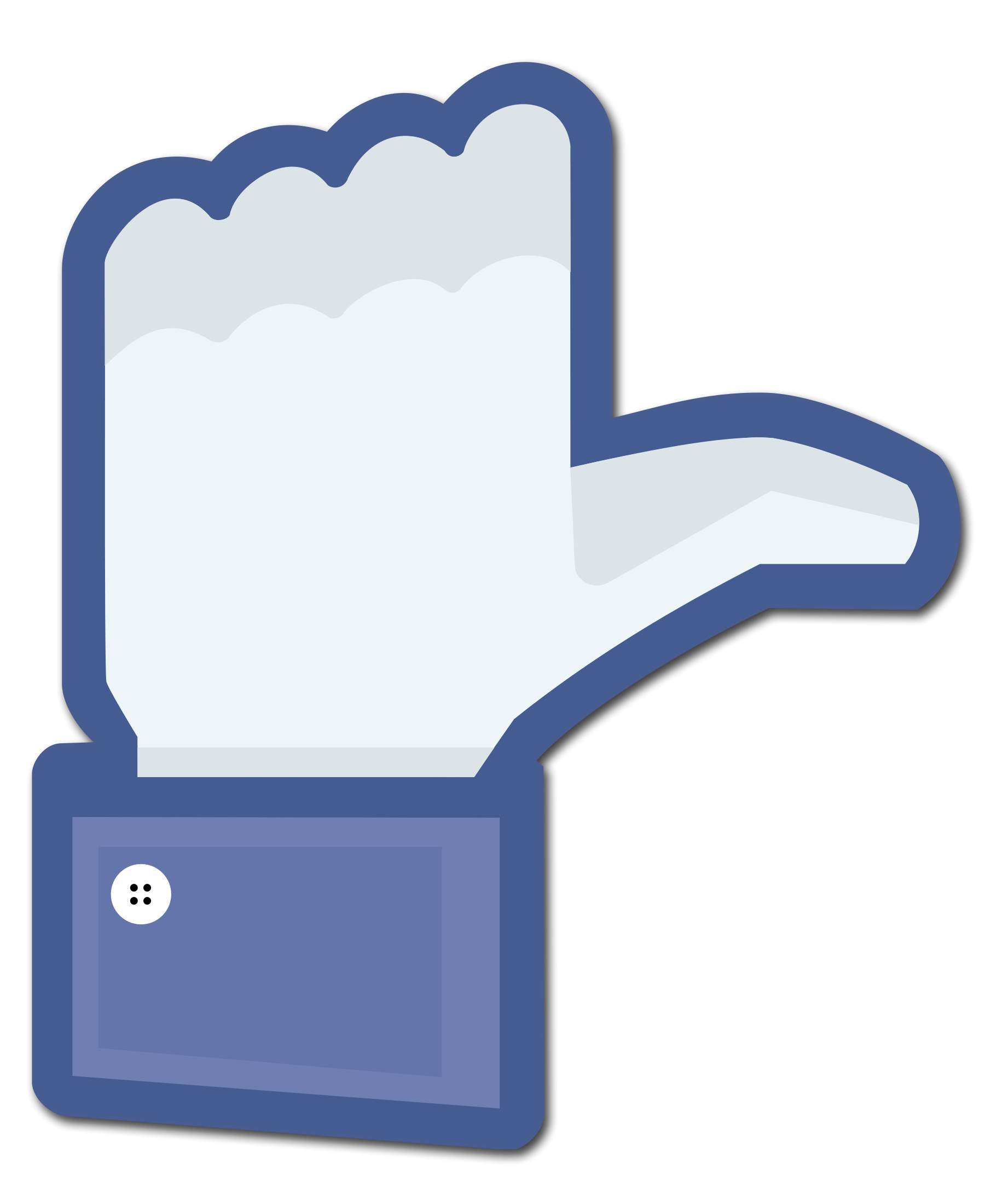Of all the truisms we throw around, there is none which I’ve seen so rarely challenged as Gen. William Tecumseh Sherman’s assertion during the Civil War that “war is hell.” He was far from the first to make such a comment on the topic. The literary seeds of Western Society, Homer’s “Iliad” and “Odyssey,” are the tales of the Trojan War and Odysseus’s arduous journey, both literal and metaphorical, to leave his military experiences behind him and to return to the family and society he left behind when he kept his oath to defend Helen of Troy following her abduction. The reality of the Bronze Age nearly 3,000 years ago included investigating the tragedies of war and the struggles faced by ancient Greek soldiers both on the battlefield and during their period of reintegration to the lives they interrupted in order to fight.
Today, as we in America transverse the reality of the military conflict following the terrorist attacks of Sept. 11, 2001 (which includes 26,171 American bombs dropped on seven countries in 2016), many of us – families, friends, coworkers, and caregivers for the nearly 3 million veterans of America’s 21st century wars – have been affected by the eternal truth of what war means.
Among the challenges for our veterans upon returning home are the physical injuries suffered, which now need time and care to heal, and the psychological difficulties caused by exposure to this most troublesome of human pastimes. Among the issues to be dealt with is posttraumatic stress disorder (PTSD), a condition defined by the National Institutes of Mental Health as “a disorder that develops in some people who have experienced a shocking, scary, or dangerous event.” It is characterized by a wide range of symptoms which may include flashbacks, bad dreams, avoidance of places and situations, tension and anxiety, angry outbursts, thoughts of guilt or blame, and loss of interest in activities which the sufferer previously enjoyed. The sum total of these symptoms is a state, not unlike clinical depression, in which the individual is forced into a quality of life far below that which preceded the incident or incidents which sparked the disorder. Of the millions of soldiers who have served during Operation Iraqi Freedom and Operation Enduring Freedom, the Veterans Administration estimates that between 11 and 20 percent suffer from PTSD (compared to between 5 and 10 percent of the general population).
Studies done in Israel, where clinical cannabis research is far advanced of that done here, led by Dr. Raphael Mechoulam (the scientist who discovered THC in the early 1960s) with Israeli veterans as patients, has shown that protocols for cannabis use in PTSD sufferers have greatly improved the quality of life by addressing many of the troubling symptoms of the disorder. The research has also shown great promise in actually curing PTSD over time, something that cannot be said by any other method of treatment.
American veterans get lost, tragically, in the blind alley of the bureaucracy which has cast cannabis as a Schedule I substance, disallowing it as a possibility for patients under the care of the Veterans Administration. This is yet another way in which the current federal policy with regard to cannabis is failing American citizens, including some of those whose “reward” for their commitment to our country includes a life marred by pain and confusion – a hell that continues long beyond their time on the battlefield. This is a totally unacceptable state of affairs with one clear solution: National prohibition must end.
Christopher Gallagher lives with his wife and their four dogs and two horses. Life is pretty darn good. Contact him at [email protected].













